22 Retro Throwback Snapshots Of The Breezy Vibes Of Springtime In The 70’s
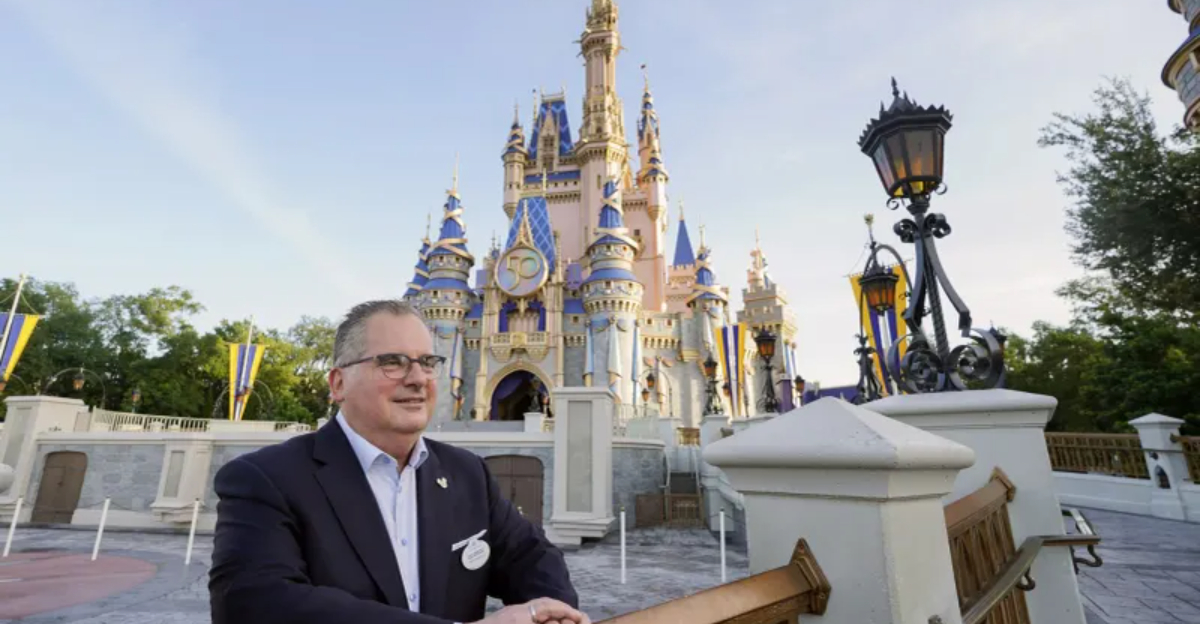
The 1970s were nothing short of a kaleidoscope—spinning with disco balls, denim, and a serious dose of social evolution. But springtime in the ’70s? That’s when things really came alive. It was the season where history didn’t just unfold—it strutted in platform shoes and made a scene.
From the nail-biting drama of Apollo 13’s safe return to the bittersweet final chord as The Beatles officially called it quits, the decade’s spring moments were anything but ordinary. These weren’t just events; they were cultural earthquakes, leaving behind echoes that still hum through the decades.
Whether it was a protest, a political shift, a blockbuster debut, or a musical milestone, the spring seasons of the ’70s brought fresh air, fresh ideas, and a few feathered hairdos.
So toss on your favorite retro shades and join us for a far-out flashback—22 iconic moments that made springtime in the ’70s as unforgettable as a Saturday night fever.
1. Apollo 13 Returned Safely

April 1970 was a month of heart-pounding suspense as Apollo 13 faced a space crisis that left the world holding its breath. Like a cosmic cliffhanger, the mission dubbed a “successful failure” ended with the crew’s safe return, showcasing human ingenuity at its finest. Who knew duct tape could become such a hero?
After an oxygen tank exploded two days into the mission, James A. Lovell and his crew were left stranded in space with limited power and dwindling hope. Thanks to some quick thinking and a whole lot of resourcefulness, the astronauts managed to jury-rig their spacecraft using—wait for it—duct tape!
Yes, it seems even in space, this humble tool saved the day, proving the universe’s ultimate handyman is indeed man himself. The triumphant return of Apollo 13 was not just an awe-inspiring feat of engineering but also a testament to the unyielding human spirit.
2. Earth Day Was Born

April 22, 1970, marked the dawn of a new era for environmental awareness as millions took to the streets, parks, and, yes, even trees, to celebrate the very first Earth Day. It was a day when Mother Nature herself took center stage, reminding us all that she’s not just a backdrop but an integral part of our lives.
Picture a kaleidoscope of humanity in bell-bottoms and flower crowns, united under the banner of environmental protection. This wasn’t just a day to plant trees; it was a movement to plant the idea of sustainability in every heart and mind across the globe.
The inaugural Earth Day was a wake-up call that resonated through the 70s and beyond, laying the foundation for future generations to embrace eco-friendly living. With a hug for every tree, the world took a giant step toward preserving the planet.
3. The Beatles Officially Broke Up
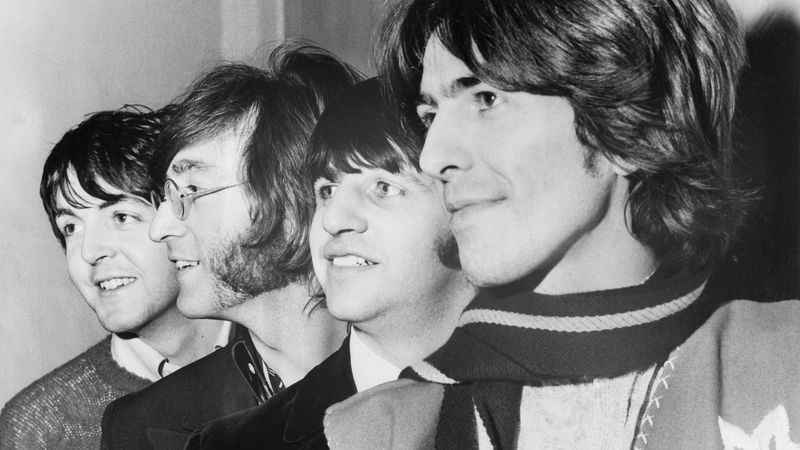
April 1970 hit music lovers like a ton of bricks when Paul McCartney announced The Beatles’ breakup in a press release. Fans worldwide felt a collective heartbreak as the Fab Four decided to part ways. Cue the tears as their iconic album “Let It Be” spun on turntables, a bittersweet farewell to a musical era.
For years, John, Paul, George, and Ringo had formed the cornerstone of modern music, redefining rock and roll with each revolutionary track. But even legends need a break, and so The Beatles sailed into the sunset, leaving behind a legacy that would echo through the ages.
In the wake of their departure, fans clung to memories of “Yesterday,” dreaming of a time when “All You Need Is Love” played on every radio. The Beatles’ breakup was the end of an era but also the beginning of four individual journeys that would continue to shape music history.
4. Kent State Tragedy
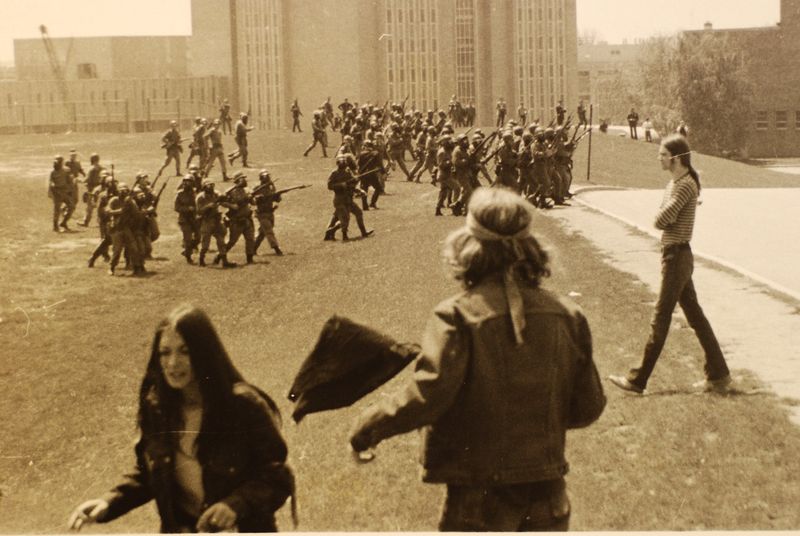
May 1970 became a somber chapter in American history as the Kent State tragedy unfolded before a nation divided by the Vietnam War. Students gathered to protest the U.S. invasion of Cambodia, their voices echoing calls for peace and change. But what followed was a heart-wrenching turn of events that left the nation in shock.
On that fateful day, National Guardsmen opened fire on unarmed students, resulting in four deaths that would forever haunt the campus and the country. It was a moment that highlighted the deep divisions and tensions of the era, a stark reminder of the cost of conflict.
The tragedy at Kent State became a powerful symbol of the anti-war movement, galvanizing a generation to stand up against violence and fight for a more peaceful future. “Four dead in Ohio” became an anthem and a call to action for change.
5. Disney World Opened Its Doors to Construction Workers
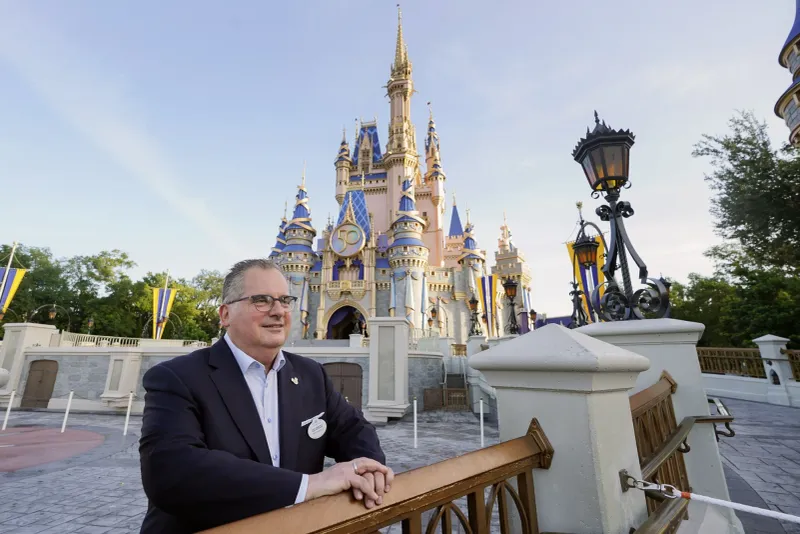
Spring 1971 saw the magic of Disney World taking shape, though not quite with the fanfare of Mickey ears and parades. Instead, the gates opened to a different crowd—construction workers bustling to complete the final touches before the grand opening in October.
The air buzzed with excitement and anticipation as Florida’s future mouse empire slowly materialized, piece by piece, against the sunny backdrop. Workers donned hard hats instead of mouse ears, laying the groundwork for what would become a world-renowned destination.
Behind the scenes, the spirit of Walt Disney’s vision was alive and well, as every detail was meticulously crafted to create a place where dreams could come true. As spring gave way to summer, the magic of Disney was just around the corner, waiting to enchant visitors from around the globe.
6. All in the Family Premiered
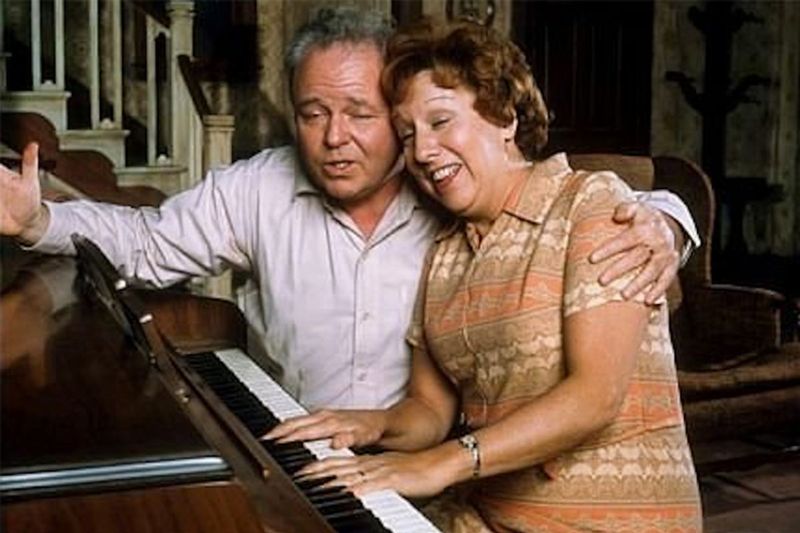
Spring 1971 brought a new kind of family gathering to television screens with the premiere of “All in the Family.” Enter Archie Bunker, a character as controversial as he was iconic, whose sarcasm and wit kicked off a revolution in sitcom storytelling.
The show didn’t shy away from tackling the tough topics of the day, bringing laughter and social commentary into living rooms across America. It was a bold move, and audiences couldn’t get enough. Archie and his family became household names, their antics sparking conversations and debates.
“All in the Family” laid the foundation for a new era of television, where humor and realism walked hand in hand. The show’s impact is still felt today, proving that sometimes, a little controversy is just what the doctor ordered for prime-time entertainment.
7. Intel Unveiled the World’s First Microprocessor

Spring 1971 marked a technological leap forward as Intel unveiled the world’s first microprocessor, the 4004 chip. Though tiny in size, this chip packed a punch, sparking a revolution that would eventually shape the very devices we rely on today.
The chip’s release was like striking gold in the silicon fields, paving the way for the digital age and forever changing the landscape of computing. It was the beginning of something big, even if it was only 12mm by 3mm in reality.
As spring blossomed, so did the promise of a computerized future—one that would carry us into realms of possibility beyond our wildest dreams. The 4004 chip was more than just a piece of technology; it was a gateway to a new world.
8. Watergate Began to Unravel
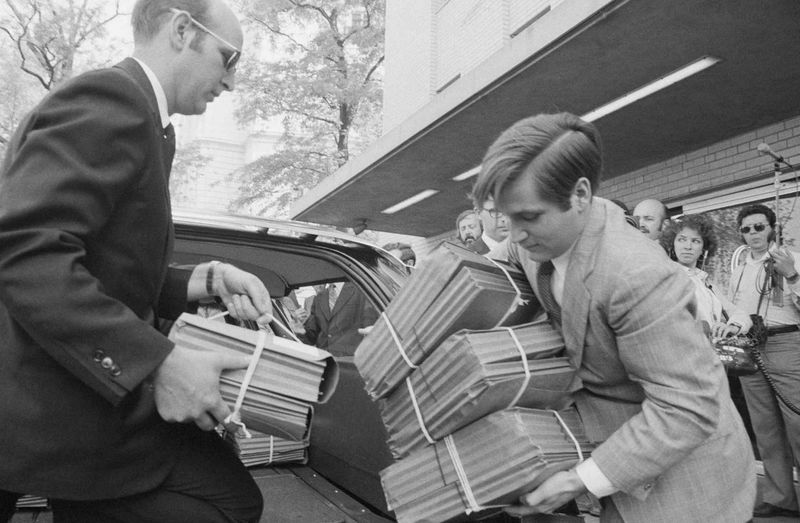
In spring 1973, the political landscape started to shift as the Watergate scandal began to unravel before the American public. It was a soap opera of epic proportions, complete with intrigue, deception, and a mysterious informant known only as “Deep Throat.”
The hearings captured the nation’s attention, with every twist and turn playing out like a live-action thriller. Americans learned new names and phrases, and trust in political institutions wavered as the truth slowly emerged from the shadows.
This spring awakening of political awareness was more than just a scandal; it was a turning point that reshaped the public’s relationship with their leaders. The Watergate hearings became a lesson in accountability, a reminder that power without oversight can lead to downfall.
9. Pong Was Born
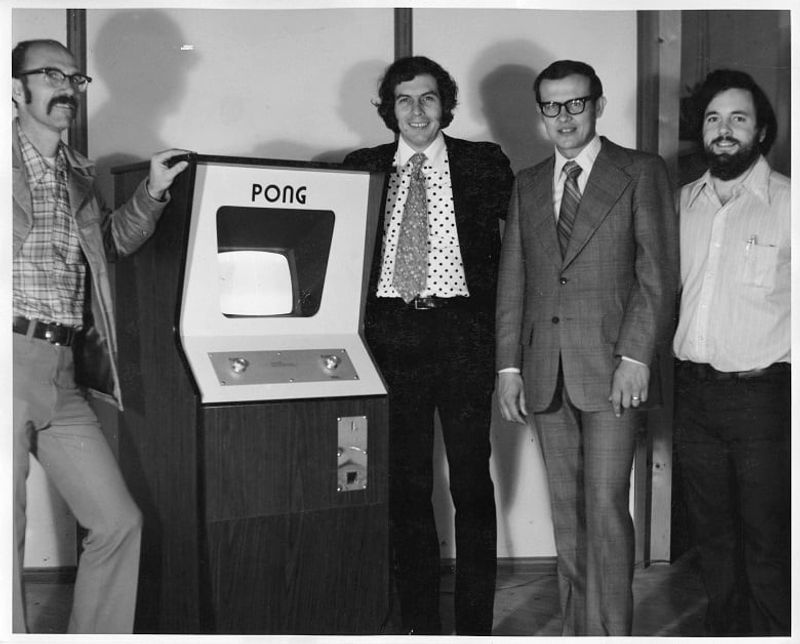
Spring 1972 was the season when Pong, the grandfather of all video games, blipped its way into arcades and living rooms. With just a simple paddle and a bouncing ball, it captured the imagination and attention of players everywhere.
Pong wasn’t just a game; it was a cultural phenomenon that heralded the dawn of the video gaming era. It made arcades cool and family rooms louder, as players faced off in pixelated battles of reflexes and wits.
The game’s success was a surprising testament to the allure of simplicity—a reminder that sometimes, less truly is more. Pong’s legacy lives on, its blip still echoing in the hearts of gamers young and old.
10. The Godfather Was Released
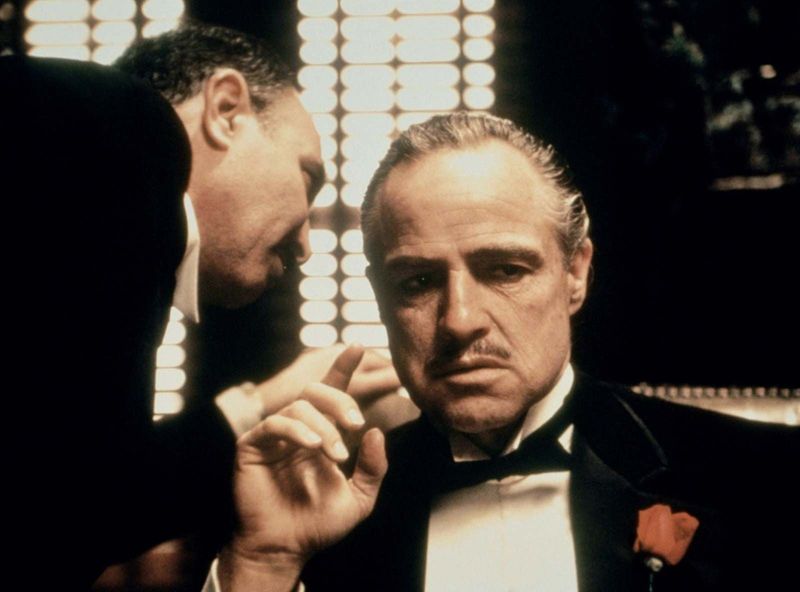
March 1972 set the stage for a cinematic masterpiece as “The Godfather” hit theaters, just before the spring season took full swing. Francis Ford Coppola’s epic tale of crime, family, and honor became an instant classic, with offers that audiences couldn’t refuse.
The film’s release was like an offer you couldn’t resist, drawing viewers into the dark world of the Corleone family. Marlon Brando’s portrayal of Vito Corleone became legendary, his gravelly voice and iconic presence leaving an indelible mark on film history.
As spring unfurled, “The Godfather” reigned supreme, influencing filmmakers and audiences alike. Its legacy continues to resonate, proving that some stories are timeless, transcending the seasons.
11. Secretariat Won the Kentucky Derby
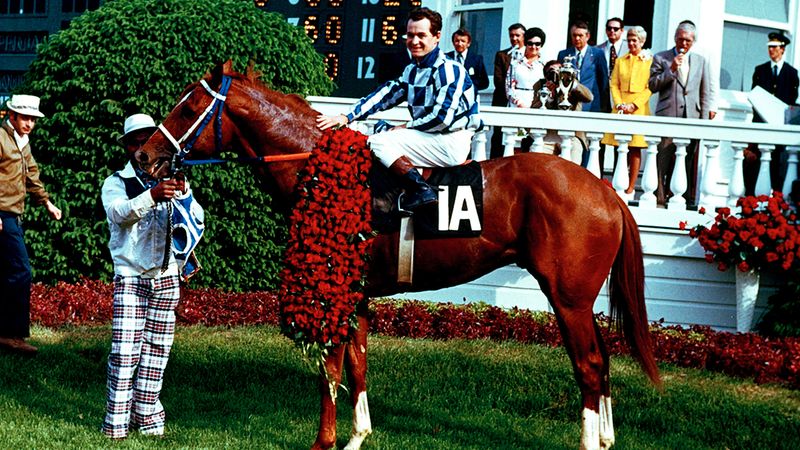
May 1973 was a month of equine excellence as Secretariat stormed the Kentucky Derby, leaving competitors in the dust. This big red stallion wasn’t just running; he was flying, breaking records and hearts with his breathtaking speed.
The Derby victory was the first step in Secretariat’s legendary Triple Crown triumph, a feat that would cement his place in horse racing history. Fans watched in awe as the powerful chestnut thoroughbred galloped his way into their hearts.
Secretariat’s performance was more than just a race; it was a display of pure athleticism and grace, a reminder that sometimes, legends are born with four legs and a mane. The Derby may be an annual event, but Secretariat’s legacy is eternal.
12. Nixon Resigned (Well… Almost)
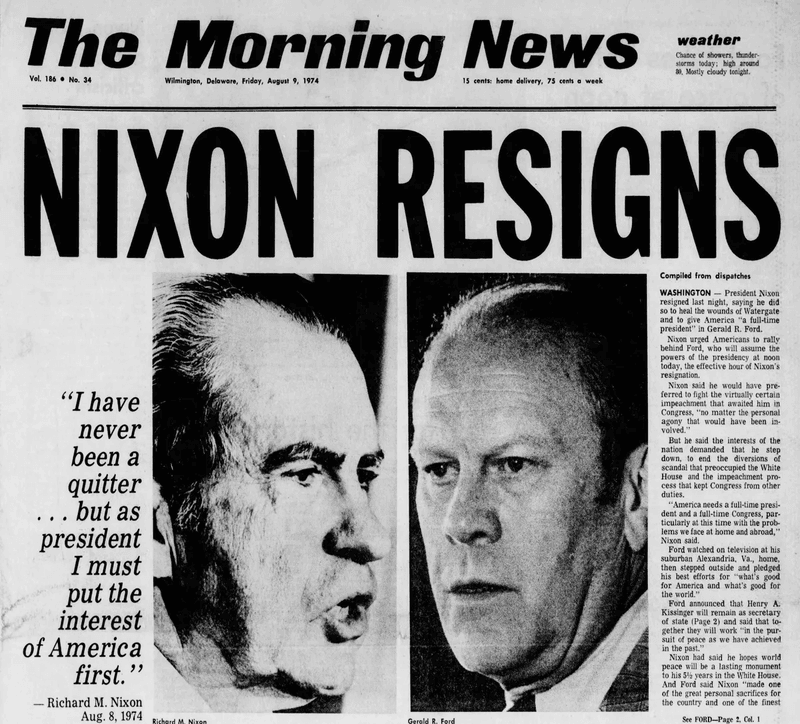
Spring 1974 saw the political pressure cooker reach its boiling point as President Nixon faced the fallout from the Watergate scandal. By May, the House Judiciary Committee had seen enough, setting the stage for what would become one of the most significant resignations in U.S. history.
The writing was on the wall, and Nixon’s presidency teetered on the brink of collapse. The nation held its breath, waiting for the inevitable moment when Nixon would “peace out” of the Oval Office, a summer blockbuster in its own right.
It was a dramatic crescendo to a political saga that had captivated the nation, a reminder that even the most powerful can be humbled by the truth. Nixon’s near-resignation was a prelude to the actual event, a turning point in American politics.
13. “Kung Fu Fighting” Hit the Airwaves
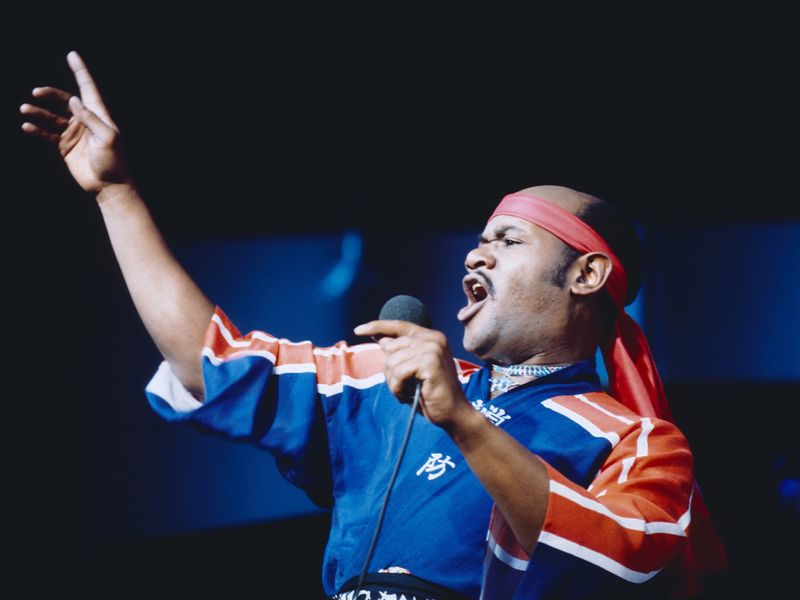
Spring 1974 was all about those funky moves and catchy grooves as Carl Douglas’ “Kung Fu Fighting” hit the airwaves, taking dance floors by storm. Everyone was fast as lightning, at least in their imaginations, as the song’s infectious rhythm got toes tapping and hips swinging.
The track was a smash hit, its playful lyrics and upbeat tempo making it a favorite among disco-goers and radio listeners alike. As the music played, imaginations soared, and everyone found their inner martial arts master, even if it was just for a fleeting moment.
“Kung Fu Fighting” wasn’t just a song; it was a cultural sensation that encapsulated the carefree spirit of the 70s. The tune lives on, a reminder that sometimes, music is the best way to kick-start a good time.
14. Patty Hearst Was Arrested
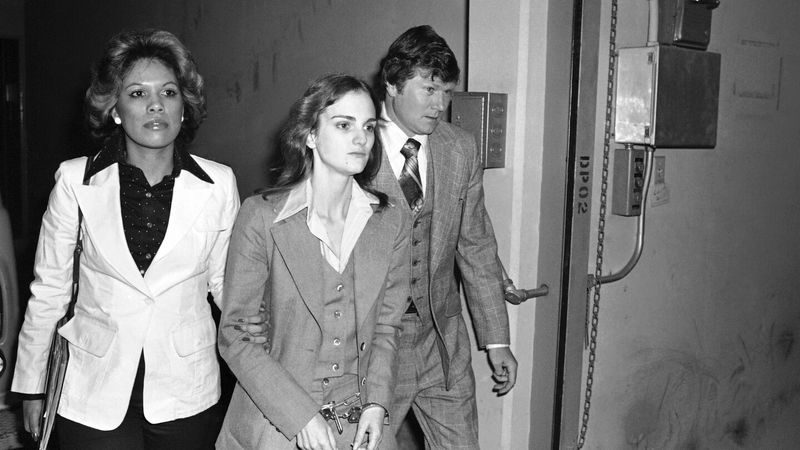
May 1975 saw the dramatic end of a bizarre chapter in American history as Patty Hearst was arrested, ending her wild ride with the Symbionese Liberation Army. The heiress-turned-revolutionary—or was it hostage?—became a symbol of the tumultuous times.
The saga of Patty Hearst was like a real-life thriller, a tale of kidnapping, transformation, and eventual capture. Her image was splashed across headlines, a reminder of the blurred lines between victim and perpetrator.
As spring unfolded, so did the story of Patty Hearst, a captivating narrative that kept the nation guessing at every turn. Her arrest marked the conclusion of a surreal journey, one that would remain etched in the annals of American history.
15. Microsoft Was Founded
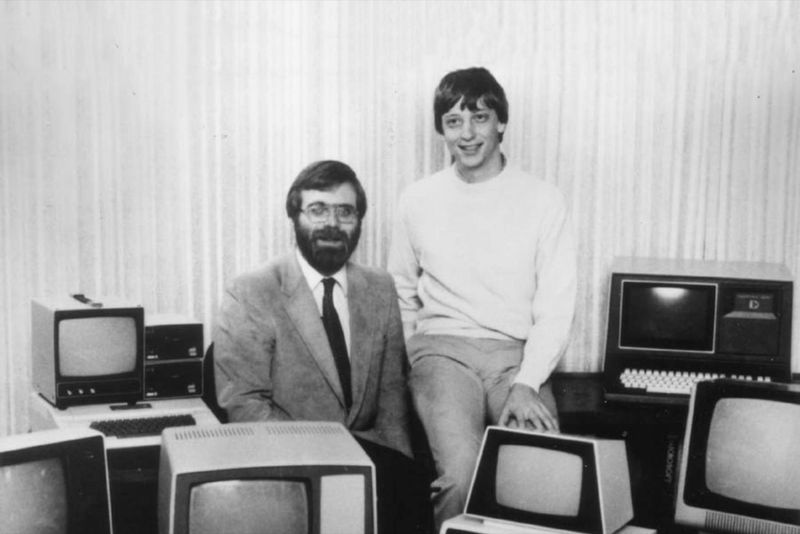
April 1975 saw the birth of a tech titan as two nerdy guys in Albuquerque founded Microsoft. Bill Gates and Paul Allen planted the seeds of what would grow into a digital empire, their vision as bold as it was ambitious.
The duo started in a humble garage, a space that would become the birthplace of innovation and revolution. With a keen eye for opportunity and a dash of geeky charm, they set out to change the world, one line of code at a time.
As spring bloomed, so did the promise of a computerized future, and Microsoft became the catalyst for technological transformation. The garage may have been small, but the dreams were big, and the impact? Gigantic.
16. Jaws Was Filming
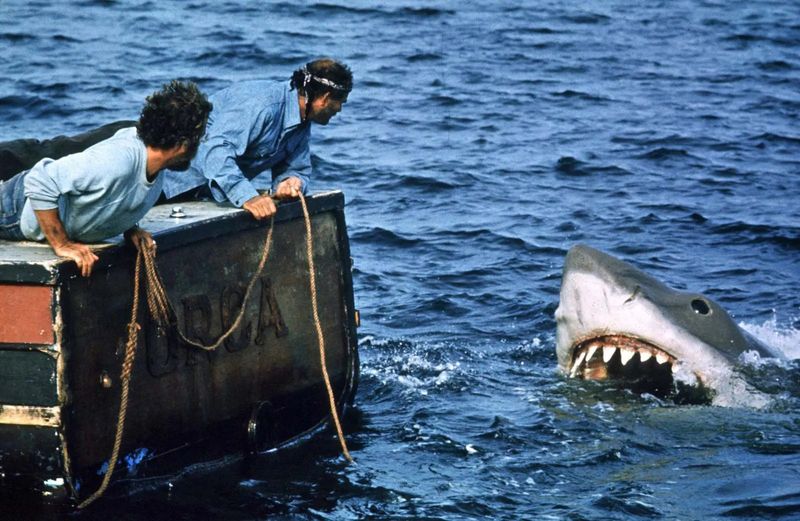
Spring 1974 was all about suspense and saltwater as Steven Spielberg tackled the challenge of filming “Jaws,” a project that would become the first summer blockbuster. With a mechanical shark that refused to cooperate, the production was anything but smooth sailing.
Spielberg battled the elements, technical glitches, and a ticking clock, all while crafting a cinematic masterpiece that would leave audiences on the edge of their seats. The tension on set was as palpable as the terror that would later unfold on screen.
“Jaws” was more than just a movie; it was a phenomenon that redefined what a blockbuster could be, and it all started in the spring of 1974. The shark may not have always worked, but the suspense was all too real.
17. Star Wars Was in the Works

Spring 1976 found George Lucas battling sandstorms and self-doubt in the Tunisian desert as he worked on a little film called “Star Wars.” No one expected it to succeed, yet Lucas’s vision was as expansive as the galaxy he was creating.
The film’s production was fraught with challenges, the harsh environment testing the crew’s resolve. But amid the desert’s dust and heat, magic was being made—a cinematic adventure that would become a cultural icon.
“Star Wars” wasn’t just a movie; it was a universe unto itself, ready to capture the imagination of audiences everywhere. The force was strong with Lucas, even when he couldn’t see it, and the rest is history.
18. “Dancing Queen” Was Born
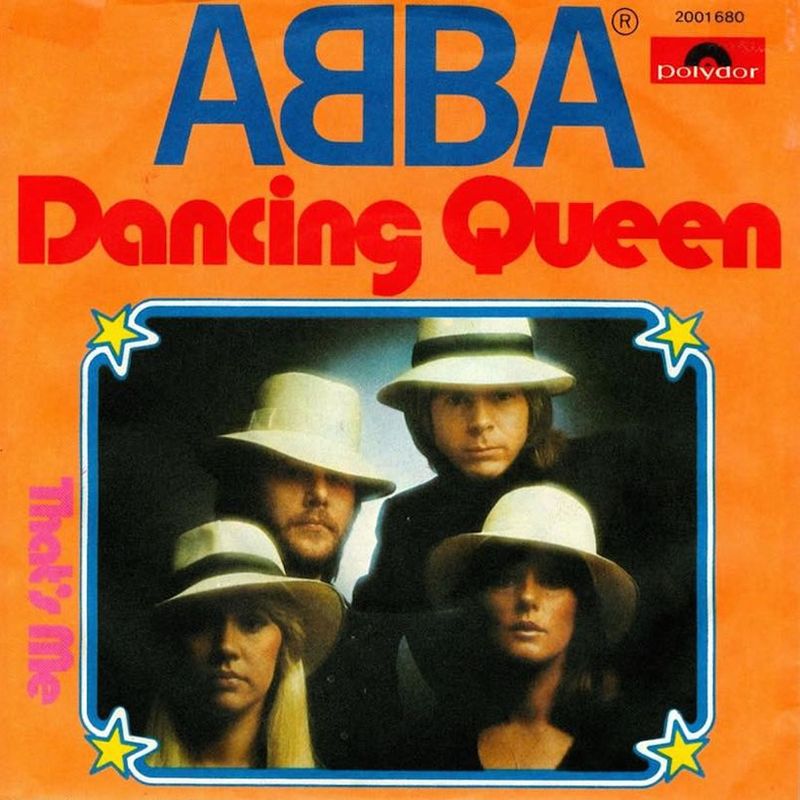
Spring 1975 saw the birth of a disco anthem as ABBA laid down the tracks for “Dancing Queen,” a song that would never leave the dance floor—or our heads. The recording session was as lively as the melody itself, capturing the effervescent spirit of the era.
“Dancing Queen” became the quintessential party starter, its infectious beat and joyful lyrics resonating with listeners around the globe. As the music played, hips swayed, and the world danced to the rhythm of ABBA’s creation.
The song’s legacy endures, a timeless reminder of the joy and exuberance of the 70s. “Dancing Queen” wasn’t just music; it was a celebration, a chance to let loose and embrace the groove.
19. Apple Was Founded

April 1976 witnessed the humble beginnings of a tech giant as two Steves—Jobs and Wozniak—founded Apple in a garage. The duo’s vision was simple: to make technology accessible and personal, a goal that would eventually revolutionize the industry.
With a garage as their headquarters and innovation as their guide, Jobs and Wozniak set out to change the world one computer at a time. Their first creation, the Apple I, was a testament to their ingenuity and determination.
As spring blossomed, so did the seeds of a future dominated by sleek designs and intuitive interfaces. Apple’s journey from garage start-up to global powerhouse began here, a story of vision, persistence, and a touch of rebellious spirit.
20. Saturday Night Fever Began Filming
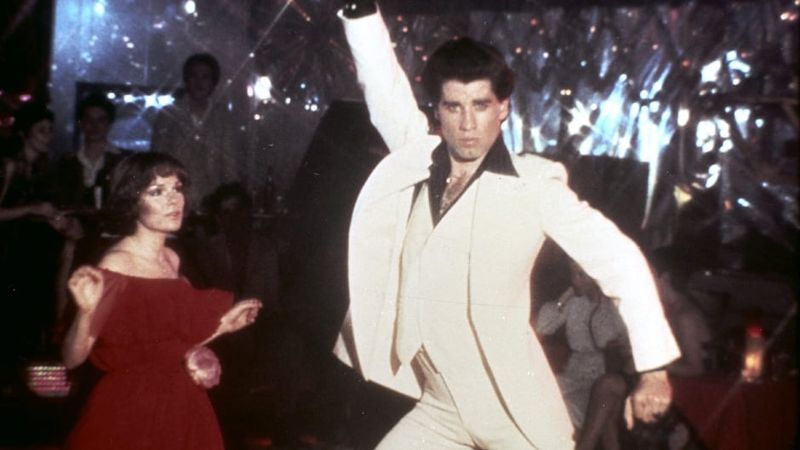
Spring 1977 had its own rhythm as “Saturday Night Fever” began filming, capturing the essence of the disco era with every beat. John Travolta’s strut became iconic, his bell bottoms swaying to the infectious tunes of the Bee Gees.
The film’s production was a dance of its own, as cast and crew worked to bring the vibrant nightlife of the 70s to life on screen. The energy was electric, and the music? Unforgettable.
“Saturday Night Fever” was more than a film; it was a cultural milestone that defined a generation. Its legacy lives on, with Travolta’s moves and the Bee Gees’ soundtrack still inspiring dance floors worldwide.
21. Elvis Performed His Final Tour
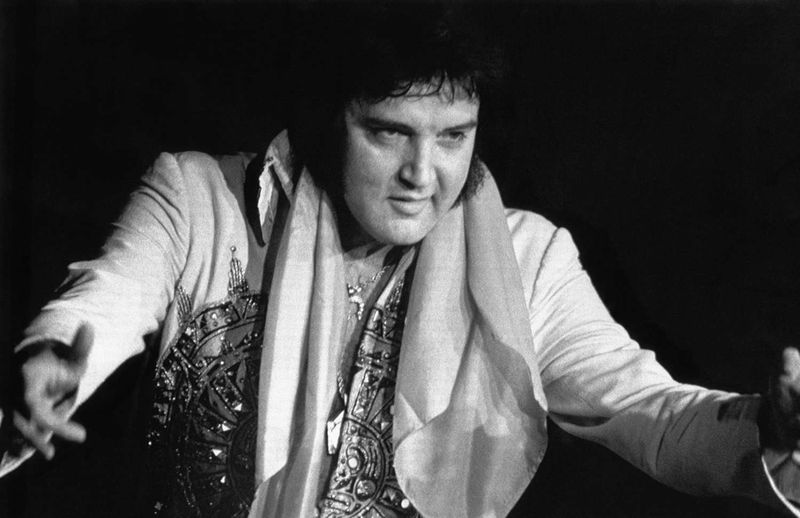
Spring 1977 saw the end of an era as Elvis Presley embarked on what would become his final tour. The King still rocked stages across America, his presence as commanding as ever, even as the summer finale loomed.
Fans flocked to see Elvis one last time, their hearts full of admiration for the man who had transformed rock and roll. Each performance was a testament to his enduring talent and charisma, a celebration of a career that had defined a generation.
As spring turned to summer, Elvis’s final bow was both a farewell and a tribute to his indelible impact on music history. The King may have left the building, but his legacy remains, a shining beacon of rock royalty.
22. Margaret Thatcher Became the First Female Leader of the UK Conservative Party
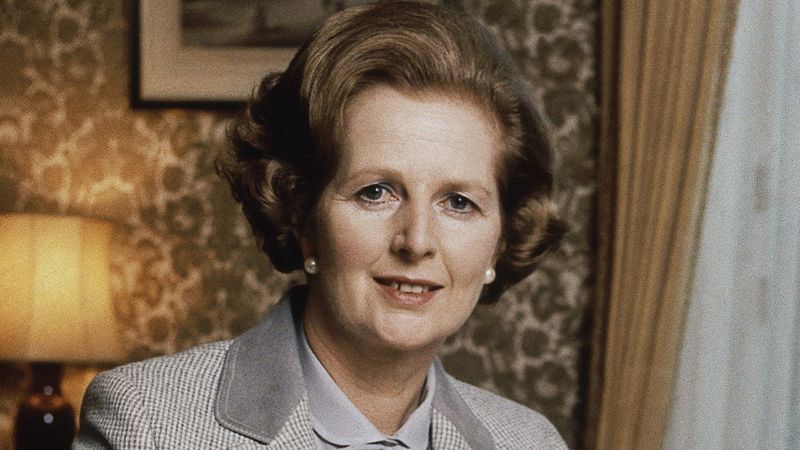
Though technically occurring just before spring, February 1975 shook the political world as Margaret Thatcher became the first female leader of the UK Conservative Party. Her rise to leadership was a groundbreaking moment that sent ripples through the political landscape.
Thatcher’s ascent was more than just a personal triumph; it was a symbol of shifting tides and new possibilities for women in politics. Her leadership style was as bold as her policies, earning her the nickname “The Iron Lady.”
As winter thawed into spring, Thatcher’s influence began to take root, setting the stage for a decade of political transformation. Her legacy is a testament to her determination and vision, a reminder that barriers are meant to be broken.
